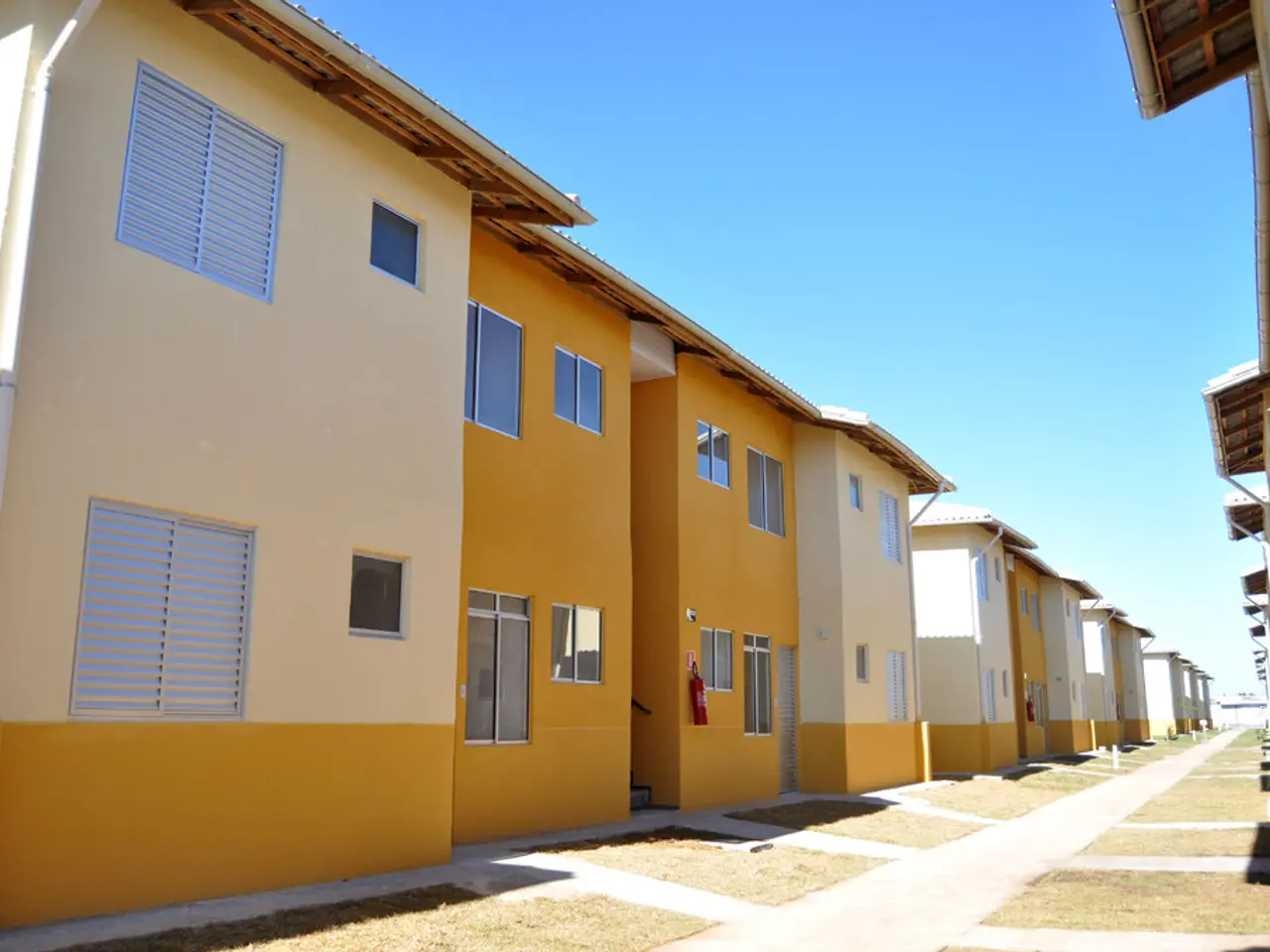Unbearable heat in UK homes endangers millions, claim advocates under the warning banner of "Hot House Syndrome"
In a recent report by Warm This Winter, experts have raised concerns about a condition known as "Hot House Syndrome," which affects 4.5 million people in the UK. This condition, triggered by poorly insulated homes during heatwaves, poses significant health risks, particularly for vulnerable individuals.
Fiona Waters, spokesperson for Warm This Winter, emphasized the urgency of the situation, stating that "Hot House Syndrome is a real problem caused by the UK's appalling housing stock." She reiterated the need for financial support for home upgrades, including better insulation, ventilation, and heat pumps that can operate in a cooling mode.
Donal Brown, director of UK Programmes for the climate solutions charity Ashden, supported these claims, emphasizing the importance of insulation for maintaining cool and warm temperatures in homes. He suggested that builders should be upskilled to integrate insulation techniques into current and future building works, including the switch to heat pumps that can provide both heating and cooling.
The study on "Hot House Syndrome" and the dangers of strong warming was conducted by the National Institute of Environmental Health Sciences (NIEHS). It found that younger people, those from Black, Asian, and minority ethnic groups, and renters from private landlords are disproportionately affected by heat-related illnesses.
Dr. Isobel Braithwaite, a Public Health Doctor and housing researcher, highlighted the dangers of Hot House Syndrome for those with pre-existing health conditions. She stated that the complications from being too warm can be as dangerous as winter for some, and without action, high temperatures in the future will pose health risks for millions.
Campaigners stress that while short-term relief measures like using a fan, closing windows and curtains, placing bowls of water around the home, using appliances sparingly, seeking cooler rooms, switching to a sheet at night, and cooling one's body directly can provide some comfort, the long-term solution lies in proper home insulation and ventilation.
Brown also called for government support to retrofit homes and protect vulnerable populations, as heatwaves become more common and intense. He believes that this intervention is crucial to help vulnerable people upgrade their homes to withstand extreme temperatures.
Without urgent action, experts warn that millions could face severe health risks as the climate continues to warm. It's clear that addressing "Hot House Syndrome" is not just about comfort, but a matter of public health and safety.








